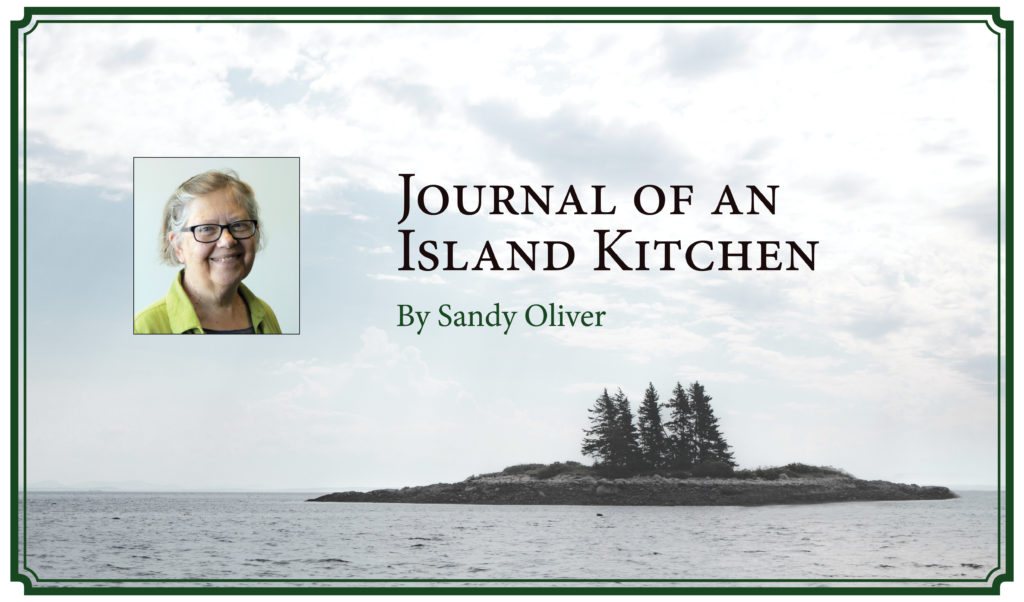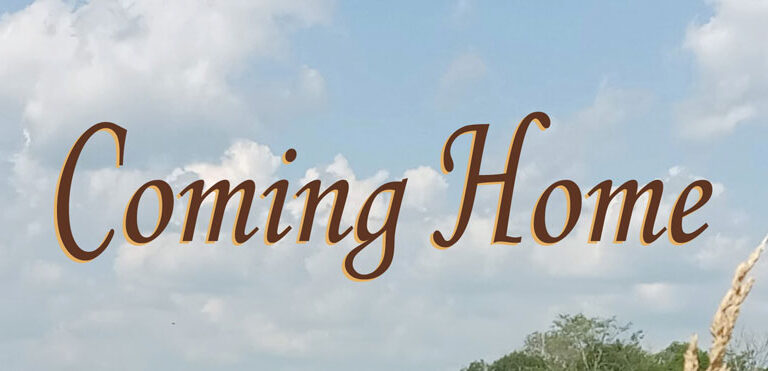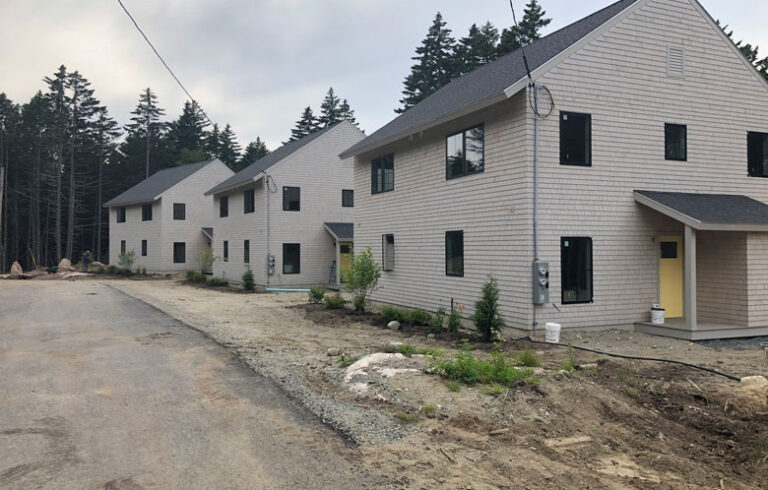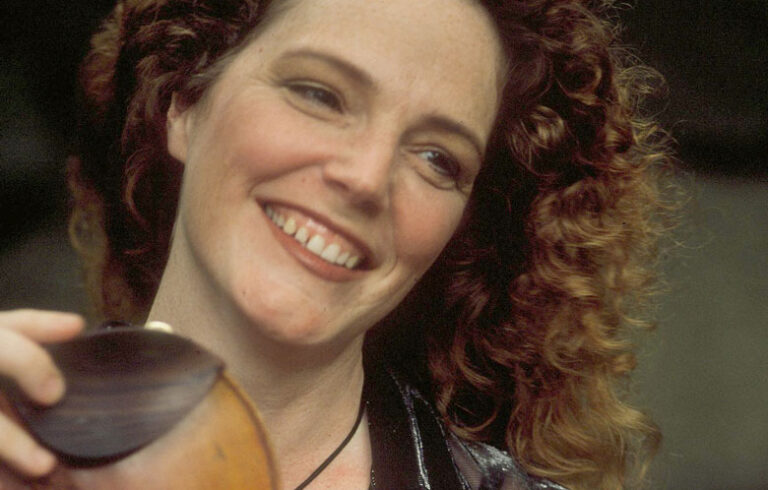Usually, I write about food, and hearing aids have nothing and everything to do with the kitchen, the garden, cooking, and eating because no matter what I am doing, I want to hear.
I have hearing aids in both ears, and yes, they were costly (about $3,200—I’ve paid less for a car), and yes, sometimes they make my ear itch, and you’d be surprised how noisy toilet paper can be when you unwind and tear off a few sheets, and parties are unremitting din. But I love my hearing aids because with them I rejoined human society, rediscovered nature, and when I take them out, the silence is profound and wonderful.
Like most increasingly deaf people, my hearing loss came gradually. I thought too many people spoke too softly, or mumbled. When giving talks which I do occasionally in my profession, I turned Q & A into an encounter of the close-up and personal kind, walking into a crowd to hear the question, and answering from the aisle.
There were, finally, too many questions I still couldn’t hear, and irritation from my dearest and nearest who heard “What?” once or 20 times too often convinced me to do something about it.
Other signs were subtler and more hidden. I was convinced there weren’t many songbirds around our property because when I worked in the garden, I no longer heard them, and I grieved their loss. Crickets and locusts seemed to have disappeared, too.
Saving up for hearing aids was a little daunting but I had to do it. My friend Sharon Daley (telemedicine nurse aboard Seacoast Mission’s Sunbeam) told me about Dr. Michael Barnes at the audiology department at Waldo County General Hospital. My testing appointment showed substantial loss in each ear. No surprise. After looking at various styles and sorts, I ordered my hearing aids.
Now I really don’t give a damn if anyone knows that I have hearing aids or not and when I mention it, people say, “Oh, I didn’t know you have hearing aids,” meant sometimes as a compliment that my aids are carefully concealed. I don’t have a shred of vanity about it, especially when my pride is much more hurt if I pretend I heard what someone said, and to listener’s bafflement make some wildly off-subject response to a question.
My main concern was that my aids couldn’t fall out easily and be lost. I spend too much time outdoors at physical work, and had no wish to lose a couple of thousand bucks in a compost pile. So, mine are the kind that sit behind my ear, with a little plastic tube that rides over the top and is attached to a small, soft tip that I stick into my ear channel. I can shake my head violently, bend over, flip my hair around, etc., and those little darlings stick it out neatly crammed into my ears.
These hearing aids are smart enough to tune in to closer conversations when I am in a crowd, but were I to spend more money, that feature could be enhanced. Mainly, they simply amplify all sound, though I am still best served when I face someone I speak to.
Let me tell you how wonderful it was to rediscover birdsong in the garden. When I put my aids in each morning and hear crickets, I am so happy I could weep. I wish that leaves weren’t so noisy in a breeze; I wish batteries weren’t so expensive. When I want to take a nap, I can take them out and the room gets so quiet that I can sleep peacefully; in fact, overnight thunderstorms seldom wake me.
Advice: if you are deaf and deafer, go get hearing aids. Hearing loss isolates us and makes us more susceptible to dementia. Deal with a hospital audiology department where the cost is somewhat less than at independent audiologists. Bite the bullet on buying the batteries. Give it up on the vanity thing: you look like an idiot if you pretend you heard something and get it wrong. Mainly, just go get them. Your life will get better right away.
Sandy Oliver is a food historian who gardens, cooks, writes, and listens on Islesboro.





